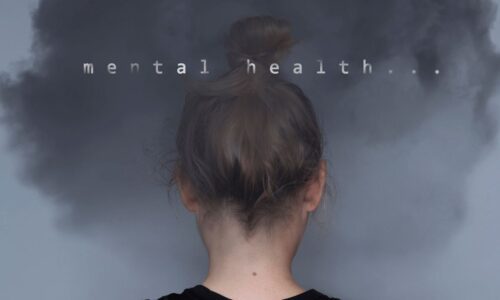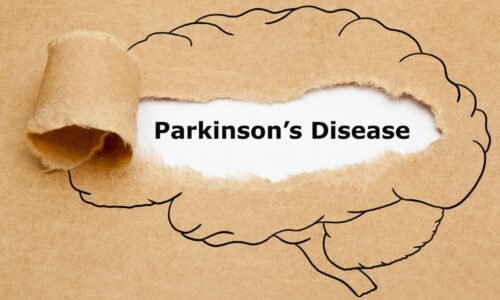Understanding Autism in Children with Dr. Yadira Torres |

In an interview with the Health Channel, Dr. Dr. Yadira Torres, Psy.D Psychologist & Clinical Associate with Child Psychology Associates, explains different behaviors in children that can point to autism and discusses possible causes for autism.
The first behavior, that Dr. Torres says that autistic children struggle with, is social reciprocation. Autistic children tend to not reciprocate social interactions. To illustrate this, Dr. Torres shows a side-by-side video of two 19 month old children playing a game in which an adult rolls a toy truck at them. The neurotypical child rolls the truck back at the adult and waits for the adult to pass it back to them again, while the child with autism does not reciprocate the action and appears generally disinterested in the game. Dr. Torres says that what the neurotypical child is doing is called a to and from. He is playing by trying to engage with the adult. On the other hand, the autistic child seems to have no interest at all in his play partner and does not engage in play. She says that these are specific signs she would be looking for in a child to evaluate whether they have autism or not.
Though Dr. Torres warns that just because they may seem disinterested in social interaction, that does not mean autistic children do not want to socialize. “Sometimes they just don’t know how to go about it in ways other children would. It doesn’t come as natural to them,” she explains.
While there is still much to understand about what causes autism, Dr. Torres gives a few possible reasons a child can be autistic, including genetics, being born to older parents, or having an older sibling with autism. Dr. Torres explains that children get half of their chromosomes from each parent and that decides not only your child’s physical appearance but also their neurological condition. So, a lot of the time, autism comes from the parents. This also explains why older parents and couples who have already had a child with autism tend to have more children with autism spectrum disorder.
If you want to find out more about autistic behaviors in children and potential causes of autism, you can download the Health Channel app or visit the Health Channel’s YouTube channel at: https://www.youtube.com/c/AllHealthGo








